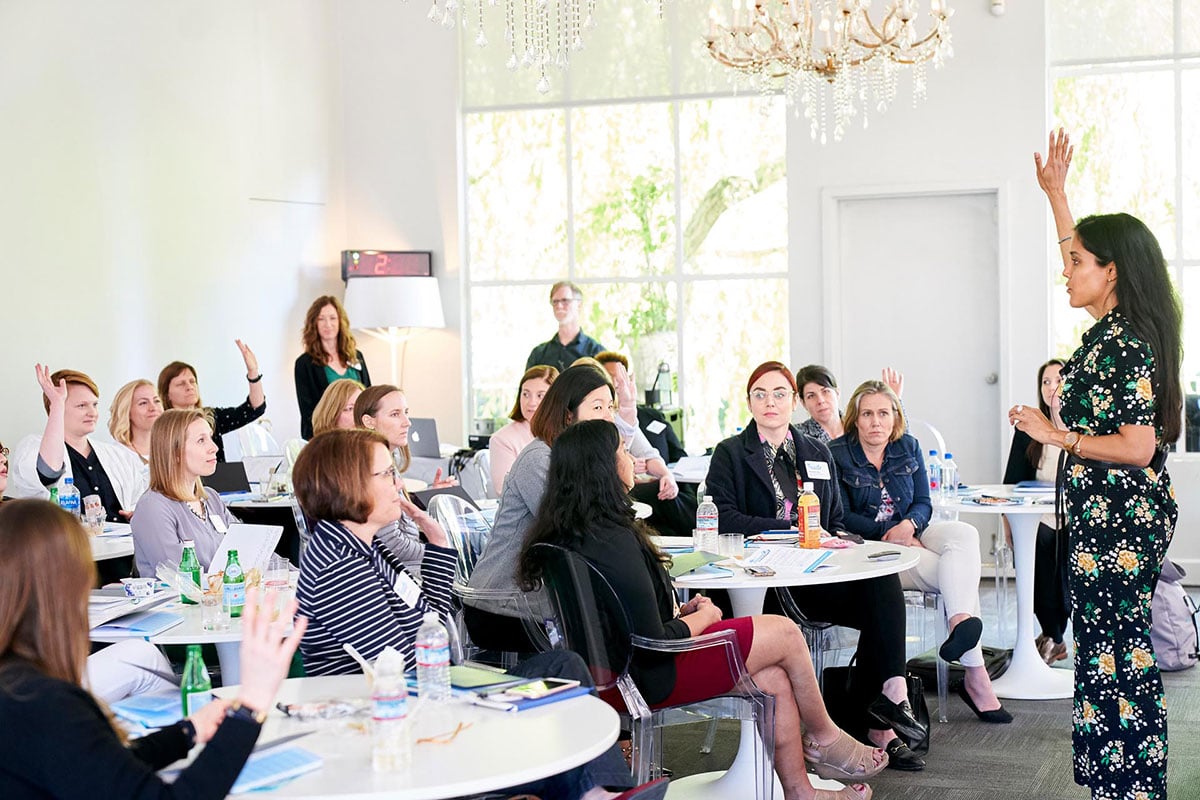The Adverse Effect of the Work-Life Balance Bias on Women Professionals and the Complication of COVID

In the almost eleven years that bhasin consulting inc. has been delivering diversity, equity and inclusion programming, a common refrain from clients across sectors has been, “We’ve been successful in attracting and recruiting women professionals, but they often leave because of ‘work-life balance’ issues. What are we doing wrong?”
Many organizations say that they’re investing resources to hire top women professionals (cisgender and trans) and that women professionals are doing very well, but that they also find that high-performing women decide to leave. And when they do, the organizations attribute this attrition to issues around work-life balance.
The problem is that this attribution is largely incorrect. Research has repeatedly shown that this is not the whole picture. It’s a bias to believe that women professionals are more interested in work-life balance than in advancing to leadership positions — you can check out my video on that here — because the fact remains that women want to thrive and find success at work.
We know that when high-performing women choose to leave their organizations to pursue opportunities elsewhere, it’s often because in their current workplaces they’re lacking mentorship/sponsorship, they’re experiencing heightened gender bias, and they’re craving more leadership opportunities. And when we erroneously label the key reason for why women leave organizations for other career opportunities as work-life balance issues, it deflects from the gender inequities women are actually experiencing in the workplace.
But now during COVID, we’re seeing that personal responsibilities are actually having an adverse impact on women’s career experiences, with some sources suggesting that women’s progress in the workplace is being set back by decades, as women are feeling the pressure to step back from work in order to take on domestic — and largely unpaid — responsibilities such as childcare, elder care and more.
As we enter Women’s History Month and approach the one-year anniversary of the first lockdowns in the US and Canada, it is imperative that we be more candid and transparent in talking about the work-life balance bias, how the COVID environment is in fact impacting women’s professional experiences and what strategies to employ in order to address the inequities women face.
It’s time for organizations to kick into extra high gear in support of women’s development and advancement.
Like what you’re reading?
Sign up for bci’s mailing list to get the latest diversity, equity and inclusion insights right to your inbox every month.
